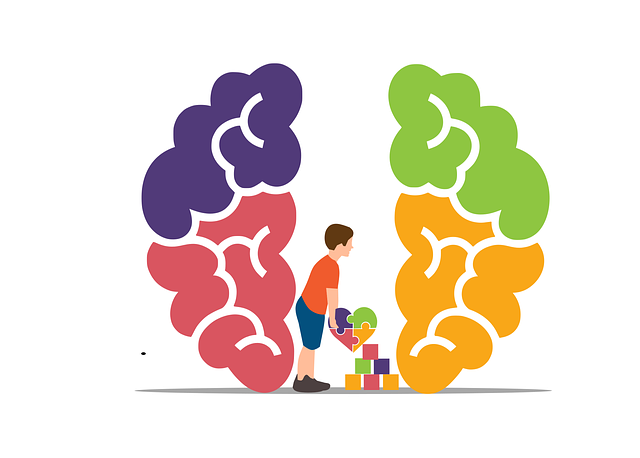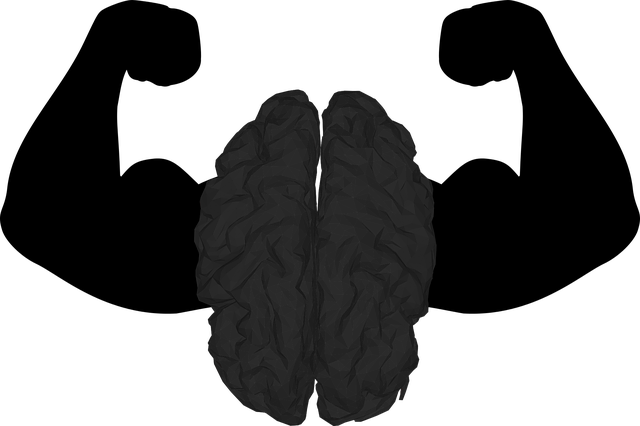Wheat Ridge Young Adults Therapy enhances community mental health through its Crisis Intervention Teams (CITs), offering immediate crisis support and prevention. Their comprehensive training programs empower individuals with coping skills, emotional healing techniques, and self-awareness exercises. Through interactive workshops, trainees learn evidence-based practices for mood management, de-escalation, and validation of emotions, contributing to effective crisis responses and long-lasting positive outcomes in their communities.
“In today’s challenging social landscape, crisis intervention teams (CITs) play a pivotal role in supporting young adults grappling with mental health crises. This article explores the crucial role of specialized training programs, focusing on the expertise offered by Wheat Ridge Young Adults Therapy. We’ll delve into how these programs equip individuals and communities to navigate distressing situations effectively. By examining essential components, we highlight the impact of comprehensive CIT training, ultimately enhancing resources for young adults in need.”
- Understanding Crisis Intervention Teams: A Vital Resource for Young Adults
- The Role of Wheat Ridge Young Adults Therapy in Training and Support
- Essential Components of Effective Crisis Intervention Team Training Programs
Understanding Crisis Intervention Teams: A Vital Resource for Young Adults

Crisis Intervention Teams (CITs) are vital resources for young adults navigating mental health challenges. These specialized teams, often comprising trained professionals and volunteers, provide immediate and effective support during crises. At Wheat Ridge Young Adults Therapy, we recognize the importance of CITs in fostering a nurturing environment where young people can receive timely interventions. This approach not only prevents escalation but also empowers individuals to manage future stressors effectively.
Through our Community Outreach Program Implementation, we equip team members with essential skills like Self-Awareness Exercises and Mental Wellness Journaling Exercise Guidance. These tools help young adults understand their triggers and develop coping strategies, enhancing their overall resilience. By integrating such initiatives, Wheat Ridge Young Adults Therapy strives to build a supportive community where every individual feels valued and equipped to overcome crises, ensuring long-lasting positive outcomes.
The Role of Wheat Ridge Young Adults Therapy in Training and Support

Wheat Ridge Young Adults Therapy plays a pivotal role in equipping individuals with effective coping skills development through comprehensive crisis intervention team training programs. These programs are designed to prepare participants for real-life scenarios, fostering emotional healing processes and enhancing their ability to offer supportive guidance. The therapy team leverages evidence-based techniques and best practices to ensure that trainees are well-versed in the latest crisis intervention methods, making them valuable contributors to any support network.
Through interactive workshops and practical exercises, Wheat Ridge Young Adults Therapy enables participants to navigate challenging situations with empathy and professionalism. The focus is not just on learning techniques but also on cultivating a supportive environment where emotional healing processes can begin and thrive. This holistic approach ensures that those equipped through these programs are ready to provide effective crisis intervention guidance, making them an integral part of any community’s mental health infrastructure.
Essential Components of Effective Crisis Intervention Team Training Programs

Effective crisis intervention team training programs are multifaceted, aiming to equip participants with a comprehensive toolkit for handling crises in various settings. At Wheat Ridge Young Adults Therapy, we emphasize key components that foster successful interventions. Firstly, these programs should prioritize emotional well-being promotion techniques as a foundational pillar. Teaching teams how to recognize and validate individuals’ emotions, while promoting self-regulation strategies, creates a supportive environment that encourages open communication.
Additionally, incorporating mood management skills is vital. Training should equip team members with evidence-based practices for calming individuals during high-stress situations, such as de-escalation techniques, cognitive reframing, and mindfulness exercises. By integrating these components, crisis intervention teams can enhance their ability to not only respond effectively but also contribute to the mental wellness of those in need.
Crisis intervention team training programs, particularly those offered by specialized centers like Wheat Ridge Young Adults Therapy, play a pivotal role in equipping professionals with the necessary skills to support young adults during crises. By focusing on essential components such as cultural competency, evidence-based techniques, and peer support, these programs ensure that teams are well-prepared to navigate complex situations effectively. In a world where mental health challenges among youth are increasingly prevalent, ongoing training and continued support from organizations like Wheat Ridge Young Adults Therapy are more crucial than ever for fostering healthier communities.














